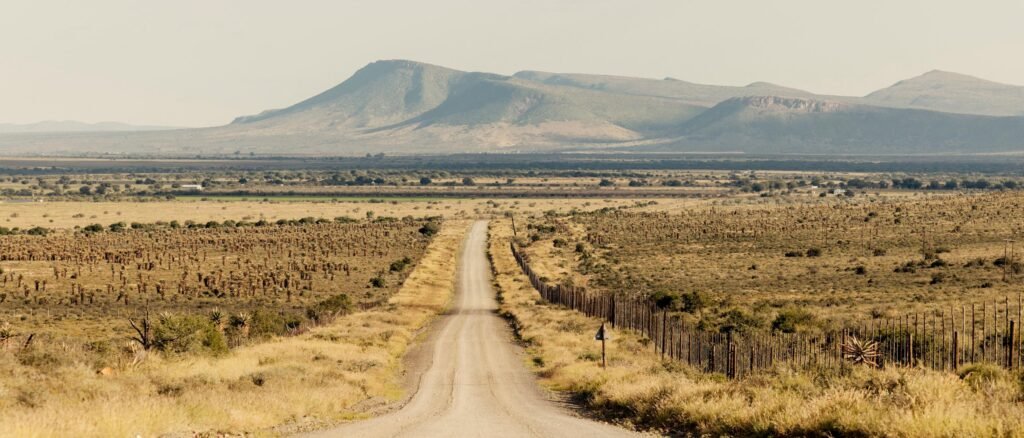Many Africans have expressed concerns about the situation in South Africa, describing it as deteriorating. The discussion isn’t limited to farm attacks; they highlight high unemployment rates and significant failures in essential services like electricity and water. There seems to be a general sense that, perhaps, the Constitution isn’t being upheld as it should be.
What’s perhaps more concerning is the message these South Africans are conveying—it’s not just their issue; it could be a glimpse into the future for the U.S.
The term “South Africaization” has emerged, reflecting a shift toward conditions similar to those in post-apartheid South Africa. Initially, many, including influential figures, viewed this nation as a beacon of hope for racial reconciliation and social progress. This perspective has since shifted dramatically.
Interestingly, even former President Barack Obama once commended South Africa’s potential for change, stating, “South Africa shows us that we can change… we can choose a world defined by peace, justice, and opportunity, not conflict.” This was during the 2013 memorial for Nelson Mandela.
However, in private discussions, global leaders seem to quietly acknowledge that South Africa is struggling. Ernst Roett, a South African writer and filmmaker, recounted his conversations with Dutch UN officials who expressed hesitance in discussing the country’s issues, recognizing that admitting failure could imply shortcomings of the UN itself.
Roett summarized this sentiment succinctly: “We want to believe it’s a miracle story.”
Many progressive ideas that are prevalent in the U.S. today were initially experimented with in South Africa, leading some to raise alarms during a recent June reporting trip to Daily Caller. People from various backgrounds insisted that the U.S. pay attention. A concept called Black Economic Empowerment (BEE) was introduced in 2003 to address past injustices from the apartheid era but has, unfortunately, led to significant distortions in the economy.
One farmer shared, “If you’re not 51% black, you can’t get a loan or sell your land to the government. It’s a real challenge.” The situation is further complicated by the controversial expropriation law enacted in 2024, which allows the state to seize land without compensation, intended to redistribute land to black farmers but, in practice, may not provide them with true ownership.
De Jager highlighted that the government may lease the land rather than truly hand it over to black farmers, making it tough for them to secure funding for growth and sustainability. He noted that outside intervention is critical: “We can’t change this from within,” he stated, indicating that they are in a precarious minority situation.
Additionally, he pointed out that claims of working toward a non-racial society are inconsistent when racially based laws proliferate—South Africa now has more racial laws than during apartheid.
The pursuit of equity has extended beyond farms and businesses to schools via the Bela Act of 2024, which changes the way admission policies are established. Many white South Africans worry this might push English as the dominant language in schools, overshadowing Afrikaans, which could lead to a loss of cultural identity. Consequently, movements like Afriforum are investing in independent Afrikaans institutions to preserve their language and heritage.
While there are criticisms of the educational policies now in place, the U.S. observes a similar trend emerging, where alternative educational institutions are sprouting in response to governmental controls.
Interestingly, the push to dismantle statues, which was a significant topic in the U.S., originated in South Africa. The removal of a statue of Cecil Rhodes in 2015 marked the beginning of a debate that would echo across the globe. This movement towards reevaluating historical symbols has been portrayed by some as a precursor to what we see today in the U.S.
As Roett noted, South Africa might be at the forefront of cultural shifts, and it’s a trend that could spread further into Europe as well, hinting at a broader cultural collapse driven by failed policies. “I think the world should be aware of that,” he said, reflecting a sense of urgent concern.







